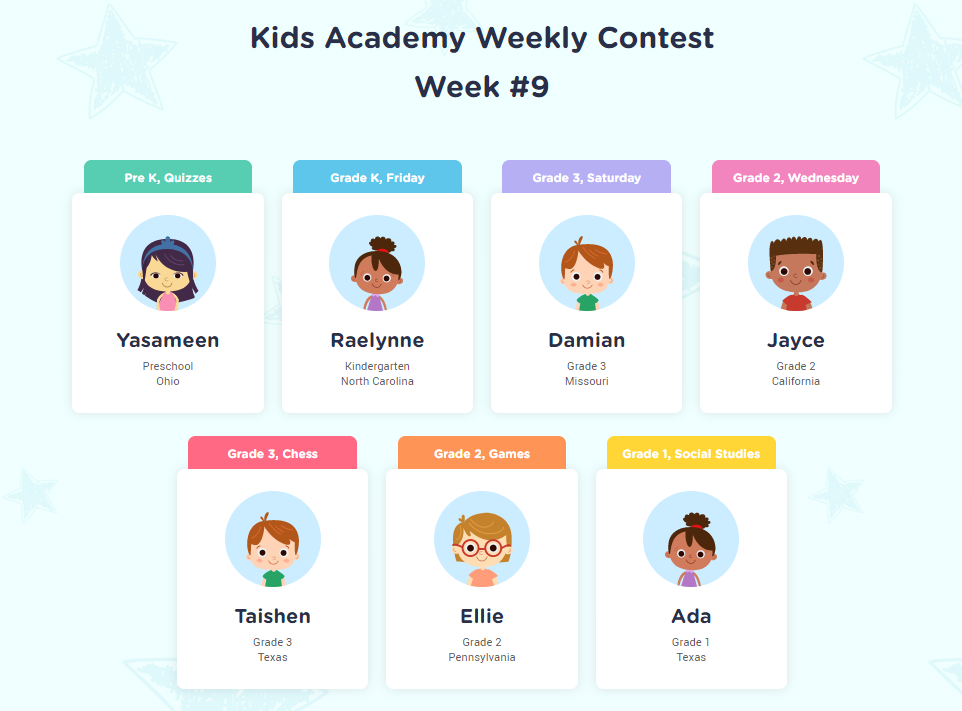Normal Reading Comprehension worksheets activities for Ages 6-9
5 filtered results
-
From - To
Discover engaging reading comprehension worksheets designed specifically for children ages 6 to 9! Our activities focus on enhancing reading skills while keeping learning fun and interactive. Each worksheet encourages critical thinking, comprehension, and vocabulary development through various exercises tailored to your child's reading level. With themes that capture young imaginations, these normal reading comprehension worksheets provide stimulating challenges that help solidify understanding of the text. Ideal for classroom settings or at-home learning, these resources are a perfect way to boost your child's confidence in reading. Visit us for a diverse selection of printable worksheets that make learning enjoyable and effective!
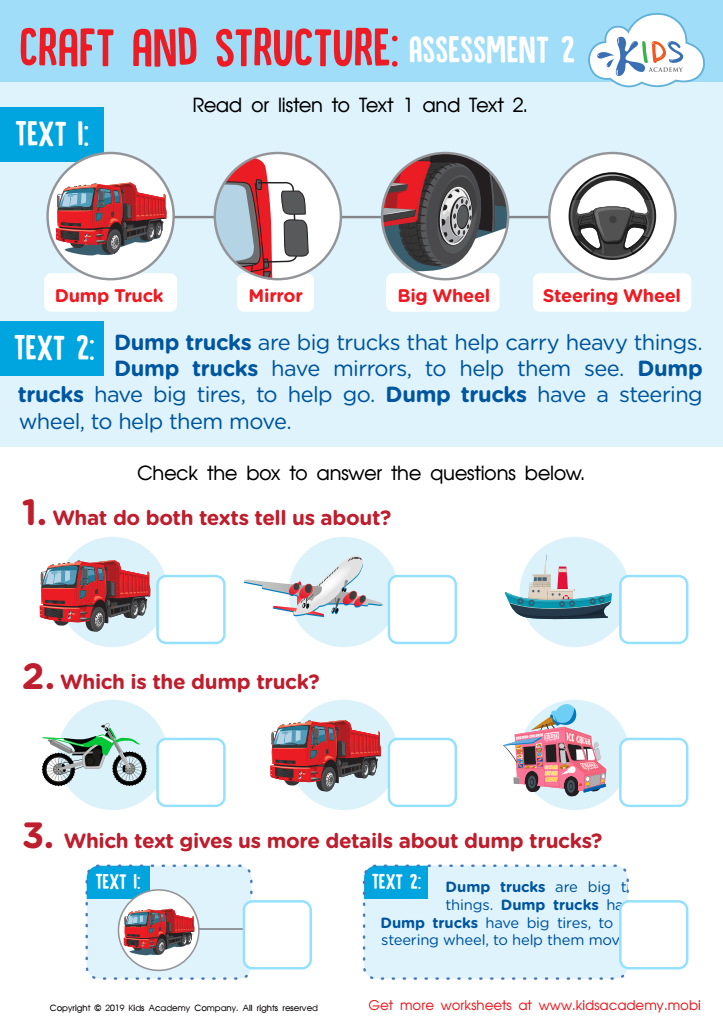

Craft and Structure: Assessment 2 Worksheet
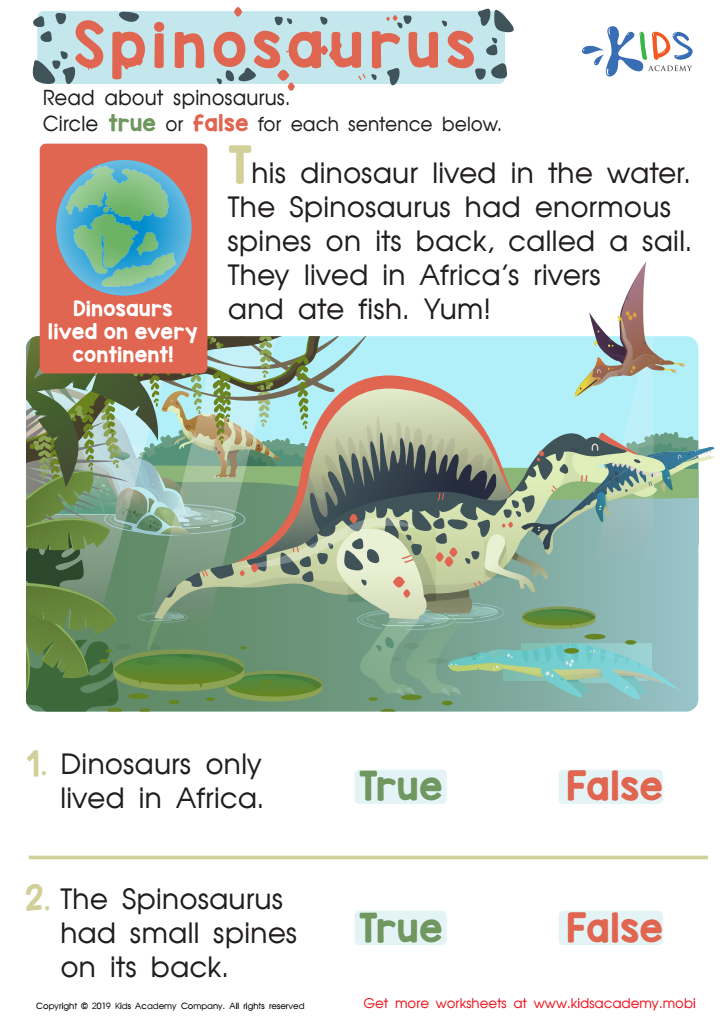

Spinosaurus Assessment Worksheet
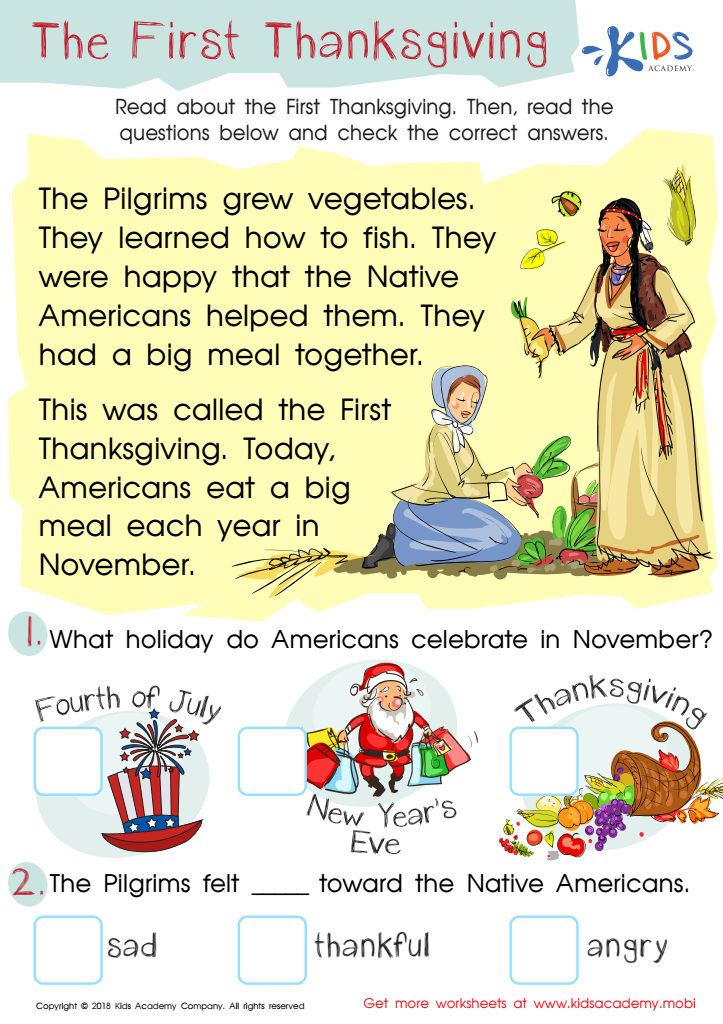

Assessment: First Thanksgiving Worksheet
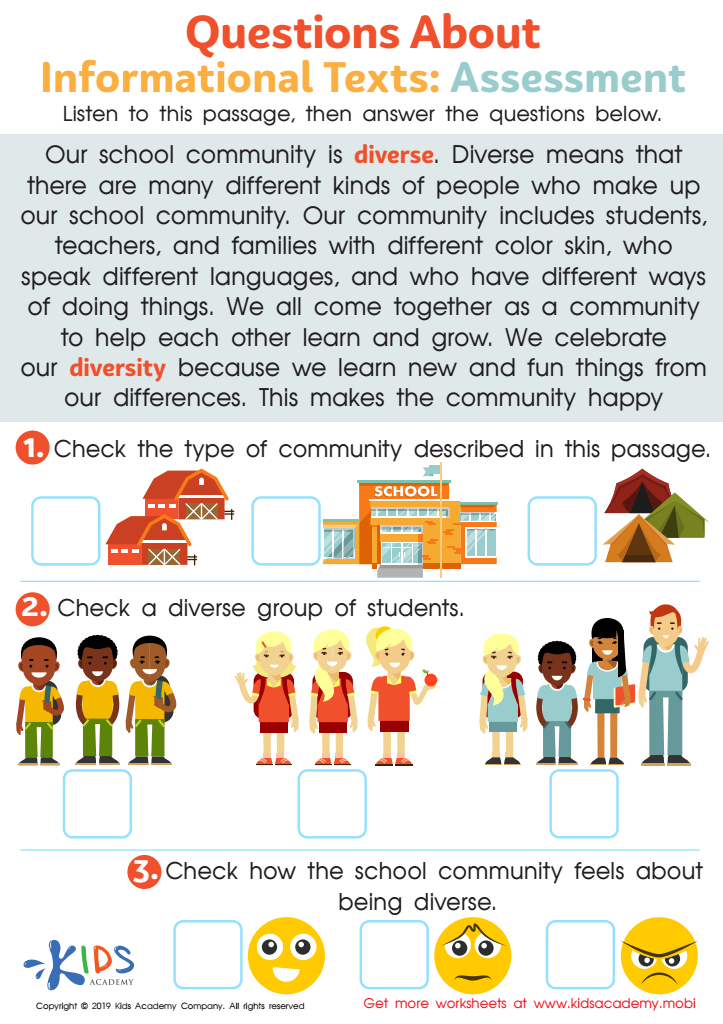

Questions About Informational Texts: Assessment 1 Worksheet
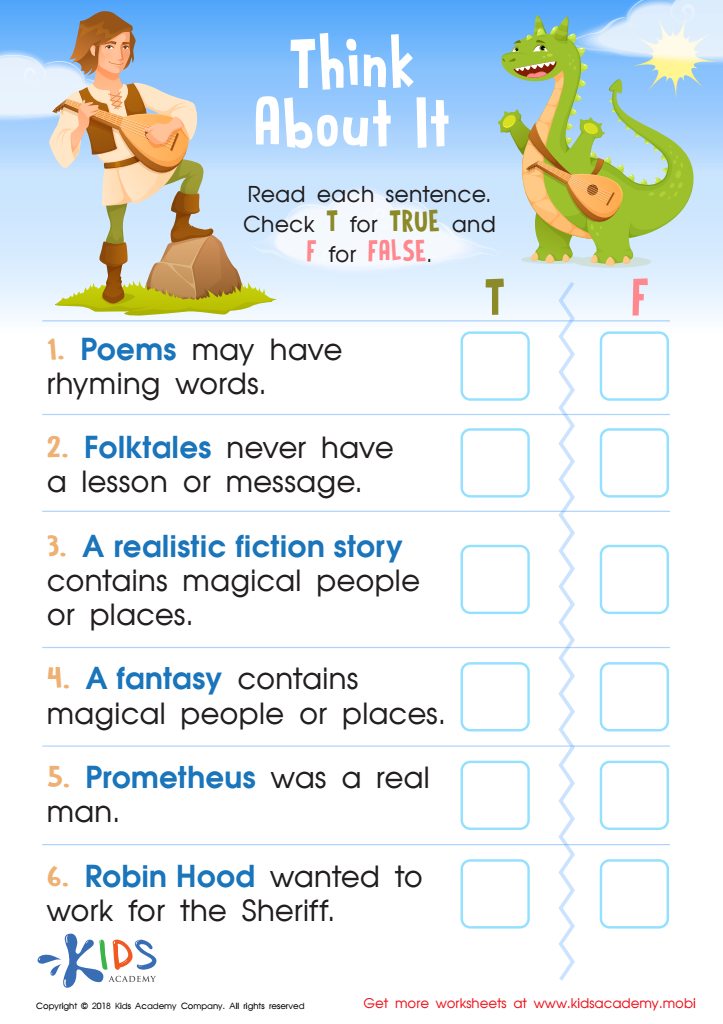

Think About It: Assessment Worksheet
Parents and teachers should emphasize normal reading comprehension activities for children aged 6-9 because this developmental stage is critical for building foundational literacy skills. At this age, children are transitioning from learning to read to reading to learn. Engaging in reading comprehension activities enhances their ability to understand, interpret, and analyze texts, which is essential for academic success across all subjects.
Effective reading comprehension activities not only improve vocabulary and fluency but also foster critical thinking and analytical skills. Through discussions, retelling, and making connections to personal experiences, children develop a deeper understanding of the content, which promotes a love for reading. This engagement boosts confidence and encourages independent learning.
Additionally, strong reading comprehension skills prepare students for more complex texts in the future, setting them up for success in higher grade levels. Parents and teachers play a crucial role in integrating these activities into daily routines through storytelling, reading comprehension games, and interactive discussions about books.
Ultimately, prioritizing these activities helps children develop essential cognitive and social-emotional skills, laying the groundwork for lifelong learning and academic achievement. By supporting reading comprehension, parents and teachers contribute significantly to children’s overall educational journey.
 Assign to My Students
Assign to My Students








